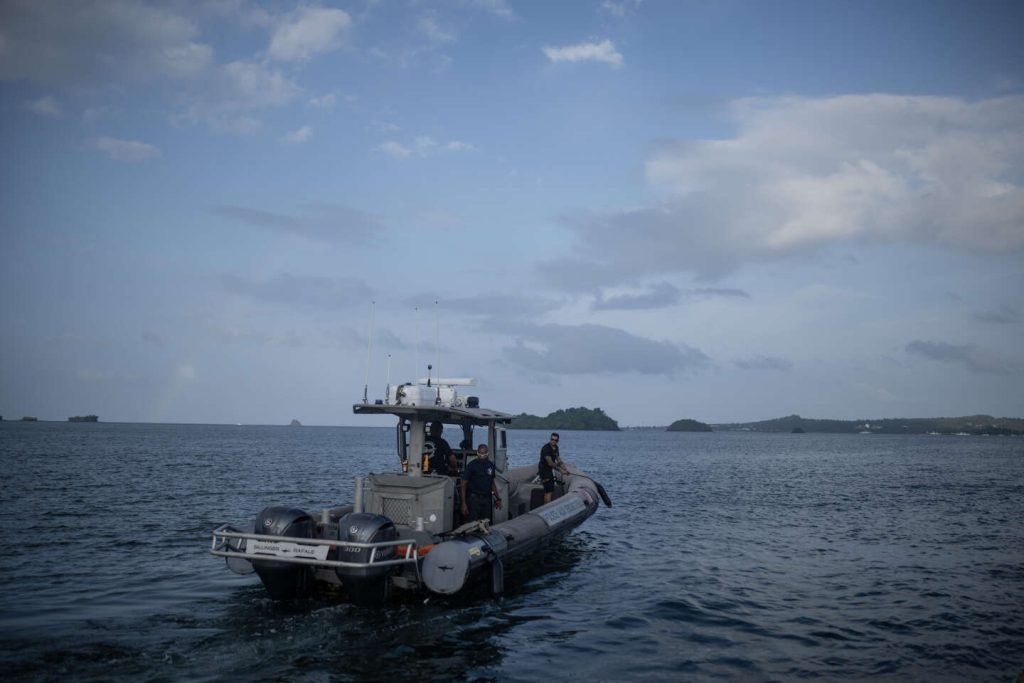In Mayotte, a French territory in the Indian Ocean, concerns are rising about the effectiveness of the government’s efforts to combat insecurity, especially as a new operation called “Wuambushu” is set to launch. Despite previous crackdowns on crime, violence, and illegal immigration, such as the arrest of 60 gang leaders in 2023, incidents like rock-throwing at school buses and inter-village conflicts continue to occur. The ongoing water crisis, which has resulted in water rationing until 2025, further exacerbates the situation, as heavy investments are still needed to address the long-term issue.
Recent events, such as the assault on a high school principal by armed men, highlight the persistent challenges faced by both residents and educators on the island. The lack of significant improvements in living conditions and security measures has led to frustration and skepticism among the population. While the government has made efforts to address these issues, including distributing water and dismantling a migrant camp, the underlying problems of violence and social unrest remain unresolved. Additionally, the possibility of resuming protests like the barricades that paralyzed the island’s economy at the beginning of the year looms large.
The collective sentiment on the ground reflects a growing sense of worry and apprehension, as the spiral of violence and chaos shows no signs of abating. Calls for more sustainable and long-term solutions to address the root causes of insecurity and social unrest are becoming increasingly urgent. Criticisms of the government’s previous actions, such as the perception of “Wuambushu 1” as a public relations stunt rather than a meaningful intervention, underscore the need for a reassessment of current policies and strategies. Evaluating the effectiveness of past operations and identifying what worked and what didn’t is seen as essential to shaping a more effective approach going forward.
As political representatives and community leaders voice their concerns about the lack of progress in addressing the ongoing challenges in Mayotte, the need for a comprehensive and collaborative response becomes apparent. The imperative of accountability and transparency in governance is emphasized, with calls for a thorough review of past initiatives and a commitment to conducting regular evaluations of public policies. Engaging with various stakeholders, including civil society groups and local authorities, to develop targeted and sustainable interventions that address the unique socio-economic and security issues facing the territory is essential for fostering greater stability and well-being in Mayotte.
In conclusion, the situation in Mayotte underscores the complex interplay of social, economic, and security challenges facing the territory. The need for a holistic and coordinated approach to address these issues is paramount, with a focus on long-term solutions that prioritize the well-being and safety of the local population. By fostering dialogue, accountability, and effective governance, stakeholders can work together to build a more resilient and inclusive community in Mayotte that is better equipped to address the multifaceted issues impacting its residents.















